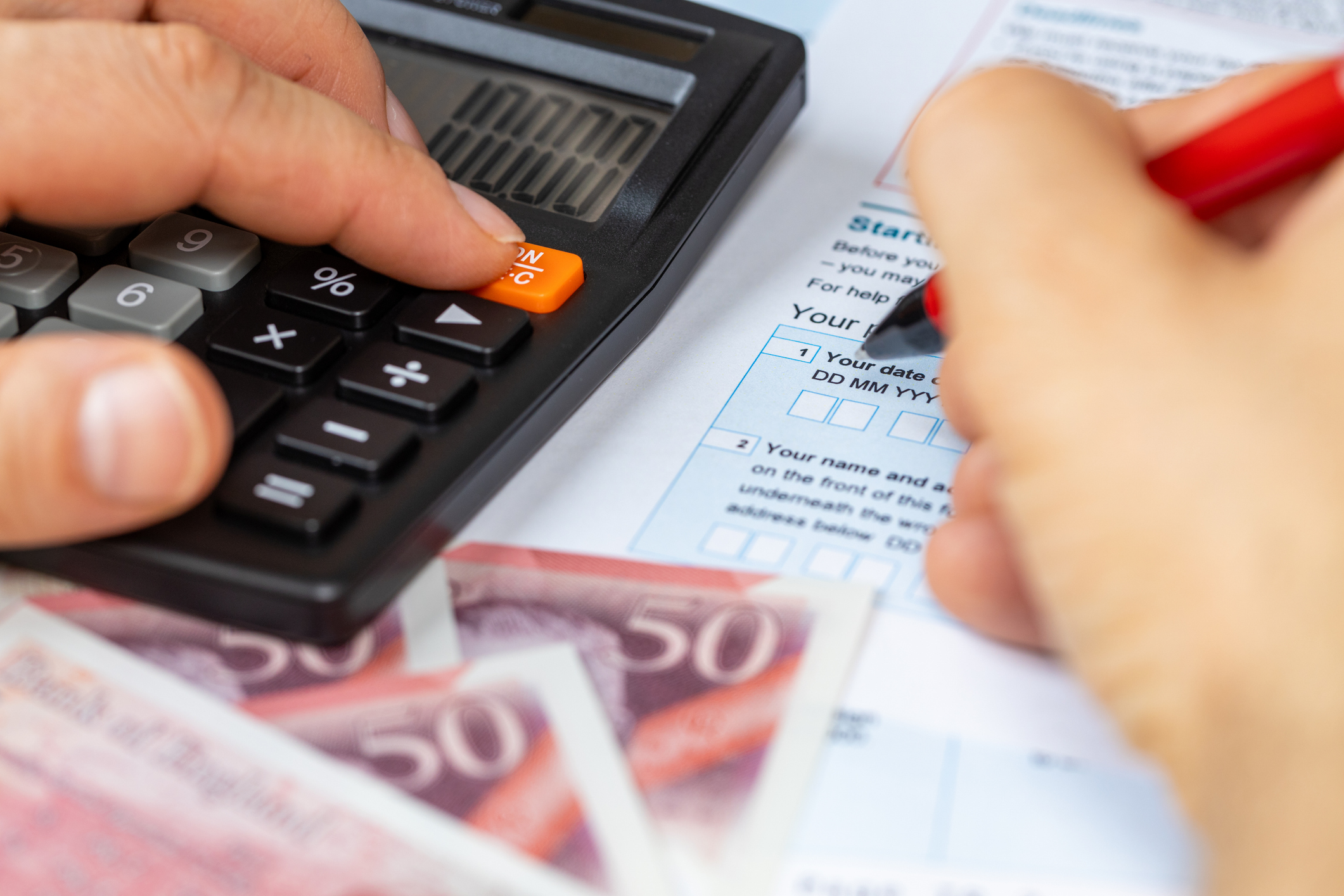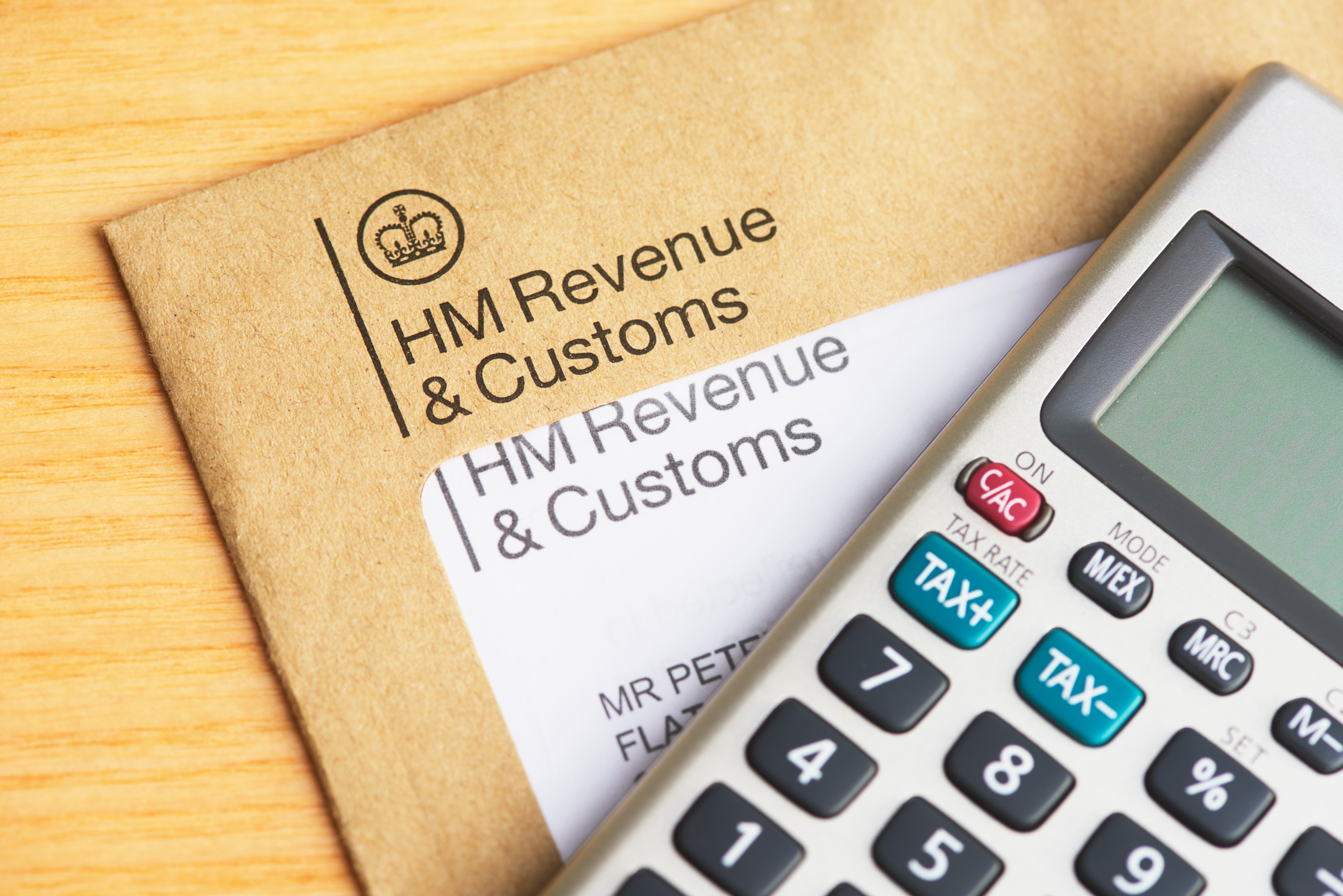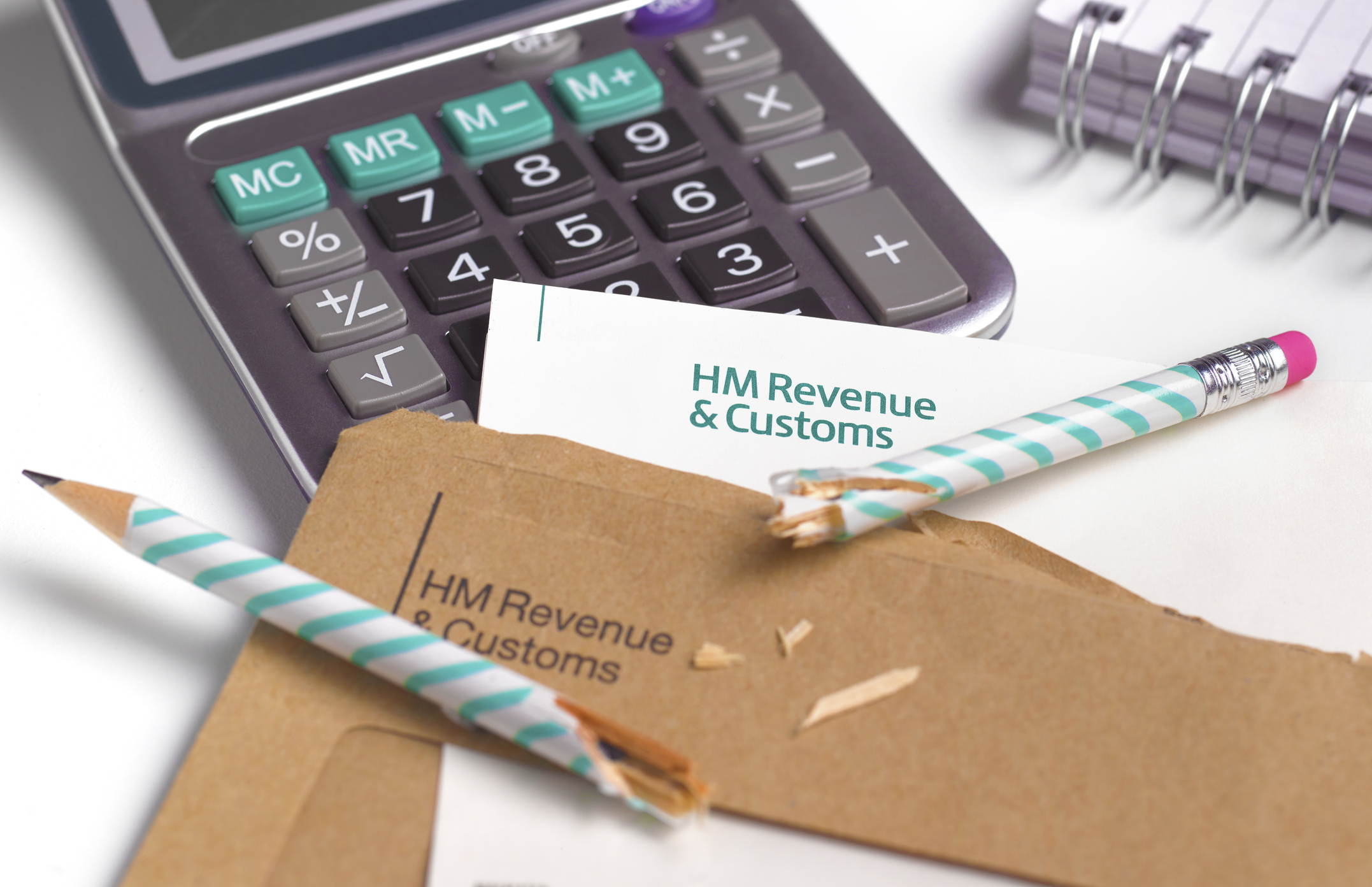HMRC warning after scammers target 170k taxpayers – how to stay protected
Scammers are using increasingly sophisticated methods to trick people into sharing personal details or paying for fake self assessment tax refunds


Get the latest financial news, insights and expert analysis from our award-winning MoneyWeek team, to help you understand what really matters when it comes to your finances.
You are now subscribed
Your newsletter sign-up was successful
Want to add more newsletters?

Twice daily
MoneyWeek
Get the latest financial news, insights and expert analysis from our award-winning MoneyWeek team, to help you understand what really matters when it comes to your finances.

Four times a week
Look After My Bills
Sign up to our free money-saving newsletter, filled with the latest news and expert advice to help you find the best tips and deals for managing your bills. Start saving today!
Millions of self assessment taxpayers are being urged by HM Revenue and Customs (HMRC) to watch out for scams that claim to be from the department, promising tax refunds in exchange for private information or forced payment.
Worried taxpayers reported more than 170,000 scam referrals to HMRC in the 12 months to 31 July 2025. While that is a 12% reduction compared to the previous year, more than 47,000 of these reports still involved fake tax refund claims targeted at people who file a self assessment tax return.
Scammers often impersonate HMRC, offering fake refunds or demanding urgent payments to steal personal and banking information.
MoneyWeek
Subscribe to MoneyWeek today and get your first six magazine issues absolutely FREE

Sign up to Money Morning
Don't miss the latest investment and personal finances news, market analysis, plus money-saving tips with our free twice-daily newsletter
Don't miss the latest investment and personal finances news, market analysis, plus money-saving tips with our free twice-daily newsletter
The fraudsters often try to convince people it is safe to share personal details with them – but extremely private information such as passwords, usernames, and access codes should never be shared, even with someone you trust or who helps you with your tax.
To help people avoid falling foul of fraud, HMRC recommends filing self-assessment tax returns early. This can help taxpayers spot scams more easily as those who have already submitted their tax return are less likely to be caught off guard by scam attempts closer to the self-assessment 31 January 2026 deadline for payments on account.
Laura Suter, director of personal finance at AJ Bell, said: “Scammers prey on people up against the 31 January deadline as well as those who file well ahead of time.
“This period is also the ideal time for a phishing mission to try and intercept personal data including bank details from people who might not be used to the self-assessment system and how HMRC communicates with taxpayers.”
Signs of HMRC scams
Scammers are getting increasingly sophisticated, including by using artificial intelligence scams. They can make convincing copies of texts and emails from HMRC, as well as use high pressure tactics on phone calls to frighten people into complying with their demands at times they know people are busy and distracted, like during the commute or school run.
Kelly Paterson, HMRC’s chief security officer, said: “Scammers target individuals when they know self-assessment customers will be preparing to file their tax returns.
“We’re urging everyone to stay alert to scam emails and texts offering fake tax refunds. Taking a moment to pause and check can make all the difference.”
There are some clear signs a communication is not legitimately from the tax office. HMRC will never:
- leave voicemails threatening legal action or arrest
- ask for personal or financial information via text message or email
- contact customers by email, text, or phone to inform them about a refund or ask them to claim one
Anyone due a refund can claim it securely via their HMRC online account or via the free HMRC app.
If you think you have been targeted by a scammer, report any suspicious activity to HMRC before the fraudsters do any more harm.
You can report phishing scams – attempts to illicit personal information and/or money – to HMRC by forwarding emails to phishing@hmrc.gov.uk, reporting scam phone calls via GOV.UK and forwarding suspicious texts to 60599.
Get the latest financial news, insights and expert analysis from our award-winning MoneyWeek team, to help you understand what really matters when it comes to your finances.
Laura Miller is an experienced financial and business journalist. Formerly on staff at the Daily Telegraph, her freelance work now appears in the money pages of all the national newspapers. She endeavours to make money issues easy to understand for everyone, and to do justice to the people who regularly trust her to tell their stories. She lives by the sea in Aberystwyth. You can find her tweeting @thatlaurawrites
-
 Should you buy an active ETF?
Should you buy an active ETF?ETFs are often mischaracterised as passive products, but they can be a convenient way to add active management to your portfolio
-
 Power up your pension before 5 April – easy ways to save before the tax year end
Power up your pension before 5 April – easy ways to save before the tax year endWith the end of the tax year looming, pension savers currently have a window to review and maximise what’s going into their retirement funds – we look at how
-
 Two million taxpayers to be hit by £100k tax trap by 2026/27
Two million taxpayers to be hit by £100k tax trap by 2026/27Frozen thresholds mean more people than ever are set to pay an effective income tax rate of 60% as their earnings increase beyond £100,000. We look at why, as well as how you can avoid being caught in the trap.
-
 13 tax changes in 2026 – which taxes are going up?
13 tax changes in 2026 – which taxes are going up?As 2026 gets underway, we look at what lies ahead in terms of changes to tax rates and allowances this year and how it will affect you.
-
 How to limit how much of your Christmas bonus goes to the taxman
How to limit how much of your Christmas bonus goes to the taxmanIt's Christmas bonus season but the boosted pay packet may mean much of your hard-earned reward ends up with HMRC instead of in your pocket
-
 Over 1 million pay 45% rate of income tax as fiscal drag bites
Over 1 million pay 45% rate of income tax as fiscal drag bitesHundreds of thousands more people are being pushed into the additional rate tax band by fiscal drag
-
 'I've used my annual ISA allowance. How can I shield my savings from tax?'
'I've used my annual ISA allowance. How can I shield my savings from tax?'As millions face paying tax on savings interest, we explore how to protect your money from the taxman. If you've used up your ISA allowance, we look at the other tax-efficient options.
-
 Simple assessment explained as millions brace for unexpected tax bills
Simple assessment explained as millions brace for unexpected tax billsIncreasing numbers of people could get letters from HMRC saying they owe more tax due to frozen thresholds, under a system known as simple assessment. Here is what it means for you.
-
 What are wealth taxes and would they work in Britain?
What are wealth taxes and would they work in Britain?The Treasury is short of cash and mulling over how it can get its hands on more money to plug the gap. Could wealth taxes do the trick?
-
 When is the self-assessment tax return deadline?
When is the self-assessment tax return deadline?If you are self-employed, rent out a property or earn income from savings or investments, you may need to complete a self-assessment tax return. We run through the deadlines you need to know about
